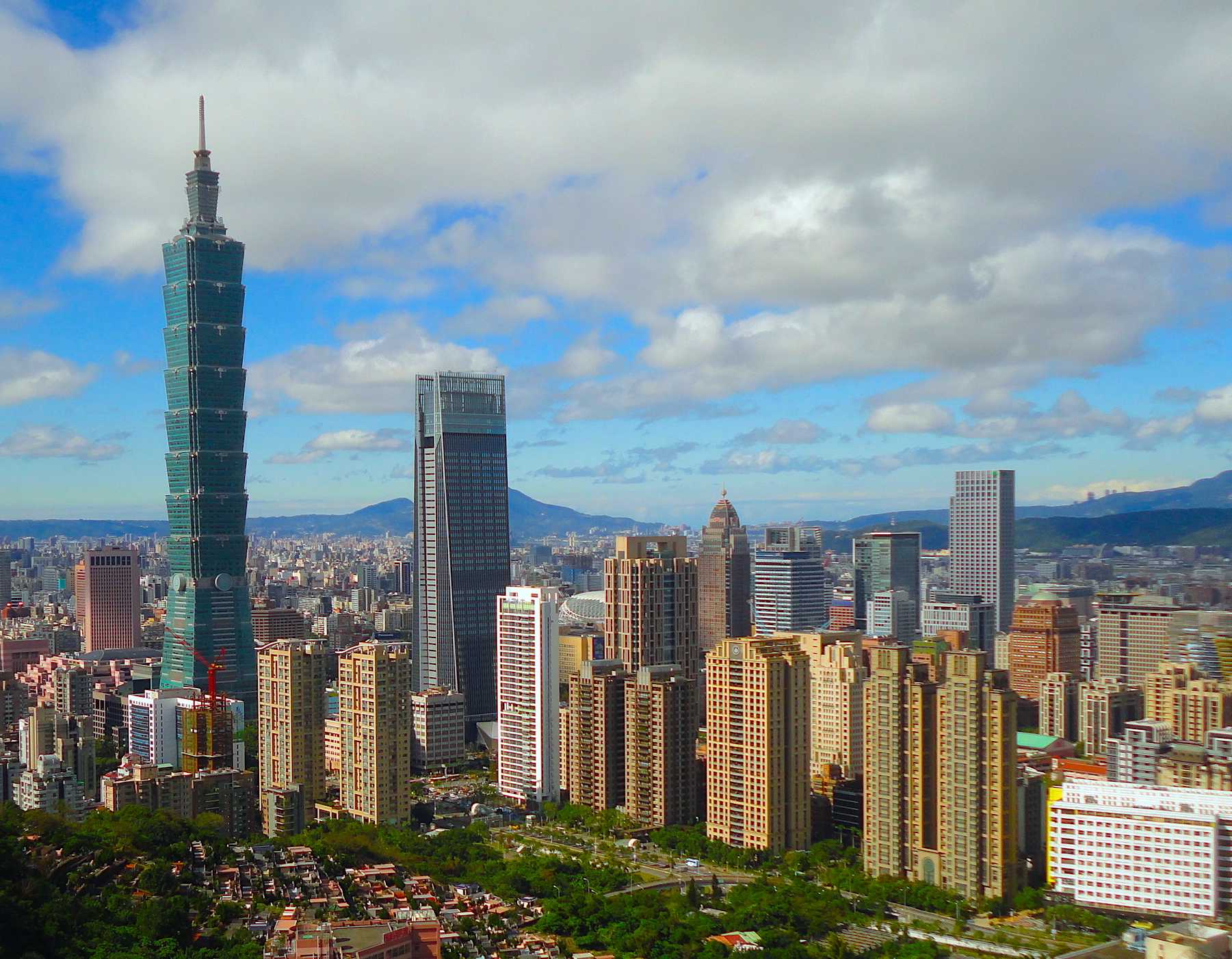
The relationship between China and Taiwan is based on a deep connection that has lasted for centuries and has been shaped under the influence of a number of complex factors. This connection is determined by the interaction of various elements based on the historical, political and cultural heritage of both sides. The relationship between China and Taiwan began during the Ming Dynasty. In the 17th century, the Chinese who fled the Ming Dynasty colonized Taiwan, which led to the island developing a distinct language and cultural identity. After the First Sino-Japanese War in 1895, Taiwan came under the control of Japan, and this was the first step in Taiwan's independence from China. After World War II, Taiwan was occupied by the Allied Forces, and nationalist forces led by the Kuomintang (KMT), which lost the Chinese Civil War in 1949, fled mainland China and took refuge in Taiwan. This has led to a situation in which Taiwan continues to exist under two different administrations, the People's Republic of China (PRC) and the Republic of China (ROC).
While the PRC considers Taiwan to be a breakaway province of its territory and uses military threats to force unification, the ROC seeks to maintain its own sovereignty as an independent country. Despite political tensions, there is intense economic interaction between China and Taiwan. Taiwan is one of China's largest trading partners, and the two economies are tightly integrated. Taiwan's high-tech sector and China's manufacturing capacity link the economic interests of both sides. However, the escalation of political tensions could affect economic cooperation and put pressure on trade. The relationship between China and Taiwan is shaped not only by political and economic dimensions, but also by cultural and social interactions. There is a common language and historical heritage between the two communities. Tourism, academic exchanges, and cultural events play an important role in preserving this common heritage and fostering relations.
In the field of security, the PRC has increased its military power in recent years and pursued deterrence policies against Taiwan. Taiwan, on the other hand, is focused on strengthening its own defense capacity and is trying to ensure its security by seeking international alliances. This could affect security balances in the region and increase the risk of conflict. The future of the relationship between China and Taiwan is uncertain. Political and ideological differences between the two sides are among the main factors that determine the course of relations. However, under pressure from the international community, steps can be taken towards finding a peaceful solution. Dialogue and diplomacy are critical to achieving reconciliation and stability. The relationship between China and Taiwan is shaped by a complex interplay of historical, political, economic and cultural factors. In the future, strengthening the dialogue between the parties and expanding the areas of cooperation can contribute to ensuring stability and peace in the region.
You may be interested in
New projects
Most recently launched projects to explore.

